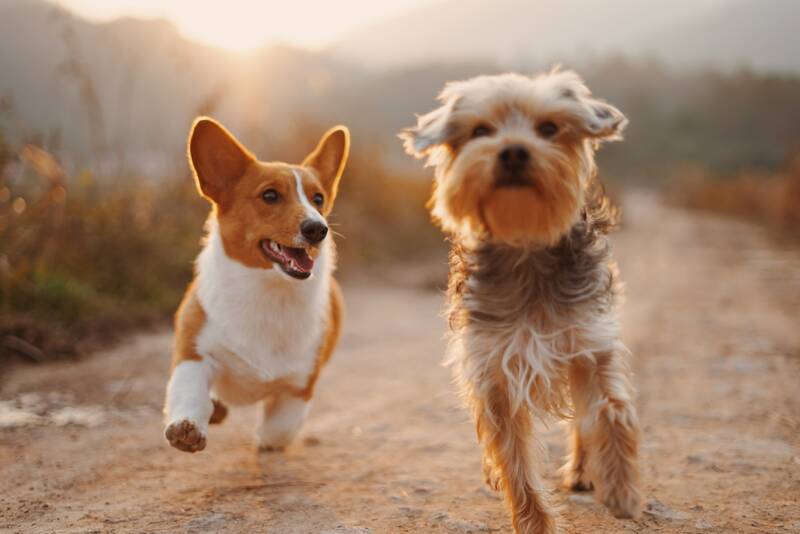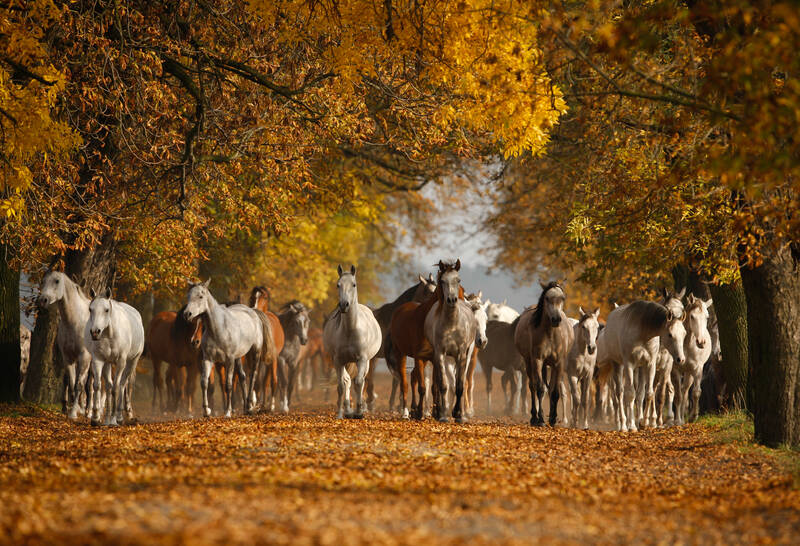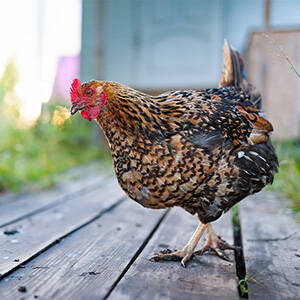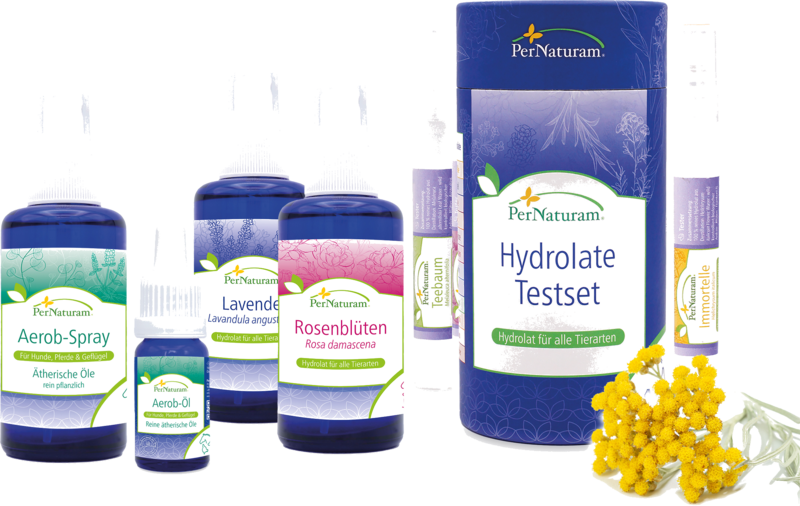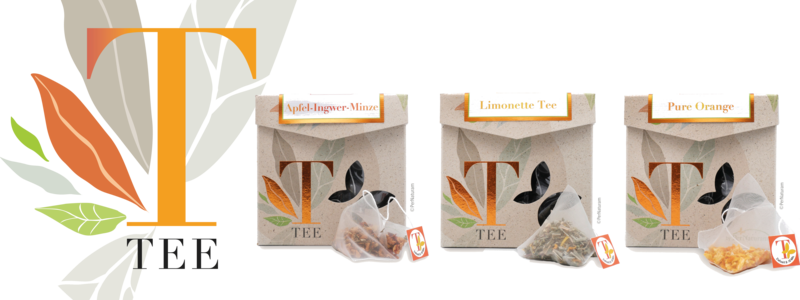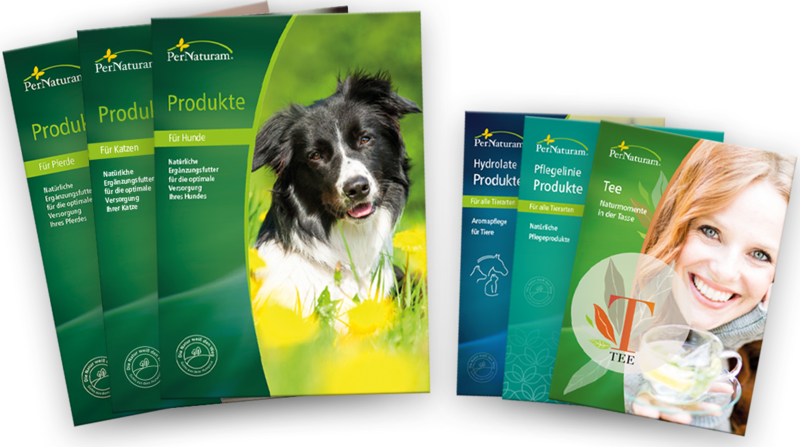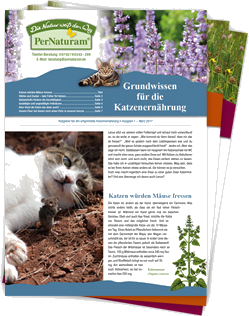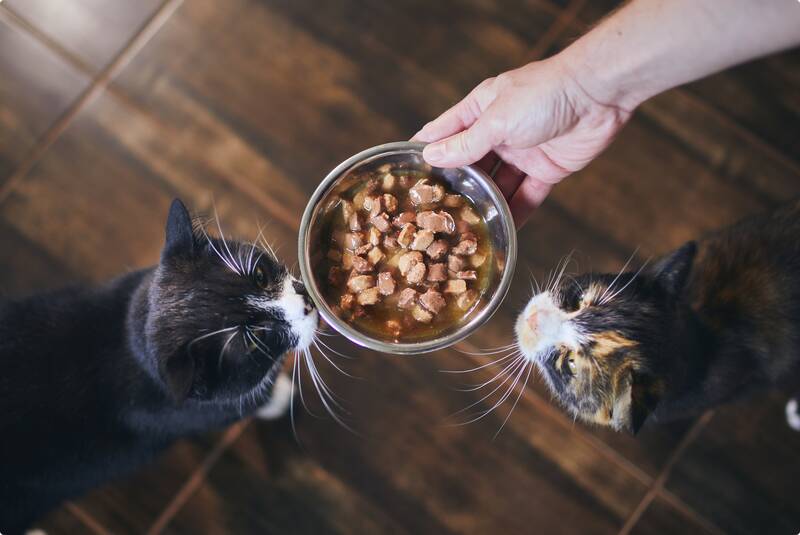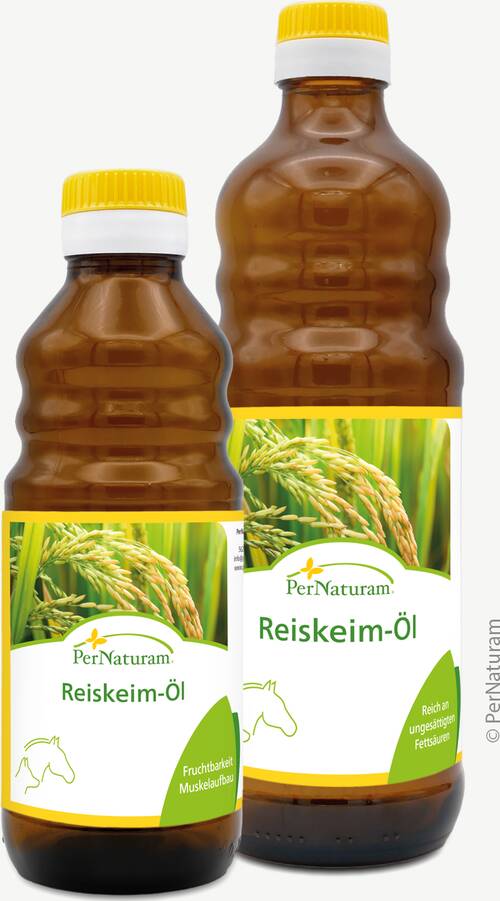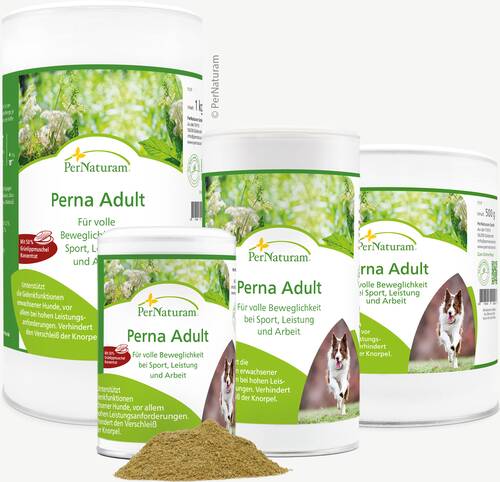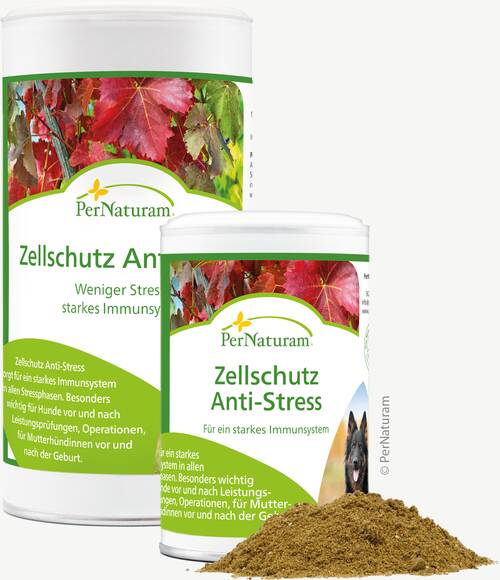Wolves can run up to 100 km in one night if necessary, and they will chase game over long distances at high speed. Your dogs can also develop a corresponding condition if they are properly cared for.
Performance and sports dogs in particular should be optimally fed so that they can perform at their best and are also able to fully recover in the regeneration phases. The most important prerequisites for this are good muscles, energy reserves and the ability of the blood to supply the body cells with sufficient oxygen. The oxygen is converted into energy in the cells in the mitochondria. To do this, enough red blood cells must transport the oxygen to the cells and the mitochondria, as the power plants of the cells, must be protected from free radicals and supported in their performance. Antioxidants ensure active mitochondria, which can then multiply through division during performance requirements and training and provide sufficient energy for the muscles and nerves. A normal body cell has about 1500 mitochondria, a cell in nerve tissue up to 6000.
This shows you how closely the topic of nerves and stress is related to the topic of performance and sport. In the field of sports, tendons, ligaments and connective tissue are heavily stressed. You can also use nutritional supplements to maintain and improve elasticity in older dogs with a lack of exercise and geriatric problems.





